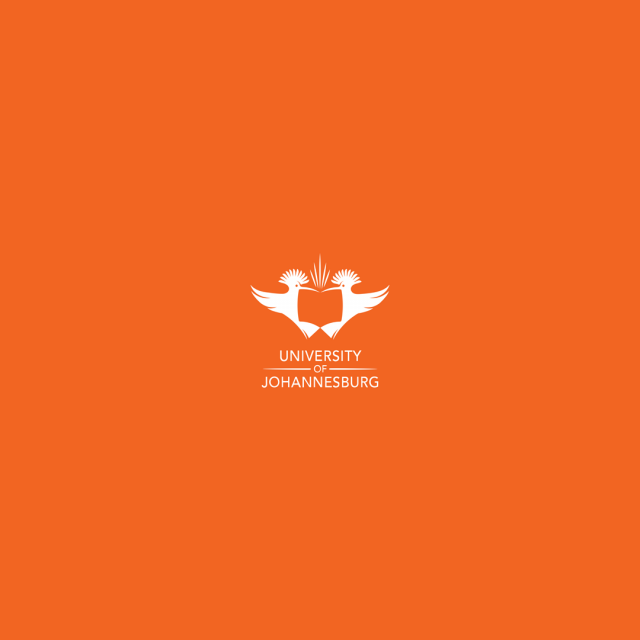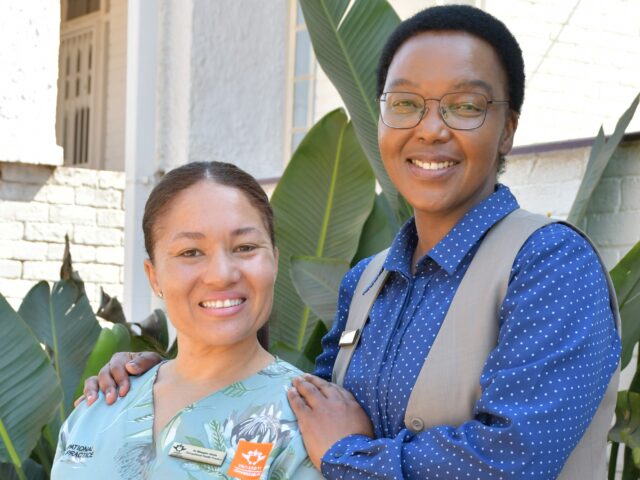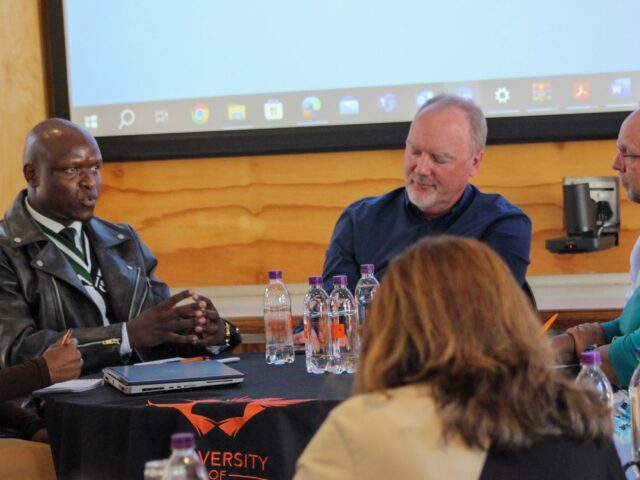Short Learning Programme in Applied GIS and Remote Sensing
Home » University Courses »General
Faculty Website: Faculty of Science
Department: Department of Geography, Environmental Management & Energy Studies
Programme Level: Continuous Education Programmes
Programme Name: SLP in Applied GIS and Remote Sensing
Programme Code: S2AG1G
Medium of Facilitation: Full-Time
NQF Level: 5
NQF Credits:
SAQA:
Senate Approval: S182/2024(2)
Application Start Date: 12 August 2024
Application End Date: 23 August 2024
Campus: Auckland Park Kingsway
Contacts: Prof S. G. Tesfamichael 011 559 3927
Email: sgtesfamichael@uj.ac.za
Duration of Study: 5 days
Purpose
The purpose of Applied GIS and Remote Sensing SLP is to train participants in critical application areas of GIS and Remote sensing to address local to regional social and environmental challenges. Understanding the spatial arrangement of social and environmental systems is a pre-requisite to addressing most of the problems that come with population growth and thereby implementing sustainability of resource utilisation which has become the core concern of management at all social hierarchies. GIS and remote sensing offer the ideal platforms to aid in the assessment and monitoring of human activities and their impacts on resources including built-up services and natural resources.
Although GIS and remote sensing are expanding in their scope, the SLP focuses on specific GIS and remote sensing contents that encompass most concepts and are of common interest among companies that practice and/or rely on the fields. The GIS contents include how spatial data are represented using vector and raster data structures, how to create and where to find such data, how to use such data for computing spatial patterns of social and environmental phenomena, and how to build relationships between spatial phenomena to develop predictive models that decision-makers can rely on. Contents covered in remote sensing include characterisation of commonly used remotely sensed data, sources of freely available data, application of both GIS and remote sensing as well as machine learning techniques in urban and natural resources mapping.
The SLP is designed to accommodate multiple end-users of GIS and remote sensing, providing an opportunity to apply the acquired skills to their specific operational requirements. Similarly, the SLP is intended to enrich careers in different sectors such as environmental management, urban planning, spatial modelling, land use/land cover assessment, biodiversity, agricultural, mining, social, and health sectors. In this regard, professionals who are already working in the private and public sectors can benefit from the course by keeping abreast with the latest technological advances in spatial technologies. Students of the SLP will acquire competencies that increase their competitive edge in the job market. In addition, currently employed or unemployed qualifiers of the SLP can be empowered to become entrepreneurs in the field since the technologies used in the course are mostly freely available.
Career Opportunities
Geographic Information Systems (GIS) and remote sensing are widely used to monitor and inform practical solutions to various natural, environmental, and social challenges. As a result, the demand for expertise, particularly with practical skills, in GIS and remote sensing is high among private and government sectors. This SLP, therefore, aims to provide multi-faceted skills to participants who might be employed in the private and public sectors. In addition, the SLP will empower unemployed participants by enriching their skills and improving their employability. Considering the free availability of software and spatial data needed for GIS and remote sensing analyses, the SLP can also advance participants’ interest in self-employability. This is evidenced by the growing number of small-scale companies that provide mapping services and environmental consulting.
Admission Requirements
Post-matric qualification equivalent to NQF level 5 in related fields such as natural, life and computer sciences and humanities.
Selection Process
Selection is made based on the academic merit.
UJ Faculties
| All Faculties
College of Business and Economics (CBE)
Created from the former Faculties of Management, and Economic and Financial Sciences



Faculty of Engineering & the Built Environment
First in South Africa offering a full range of professional engineering qualifications











